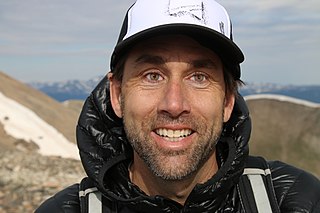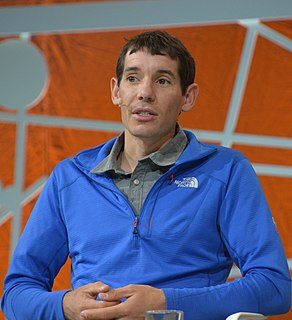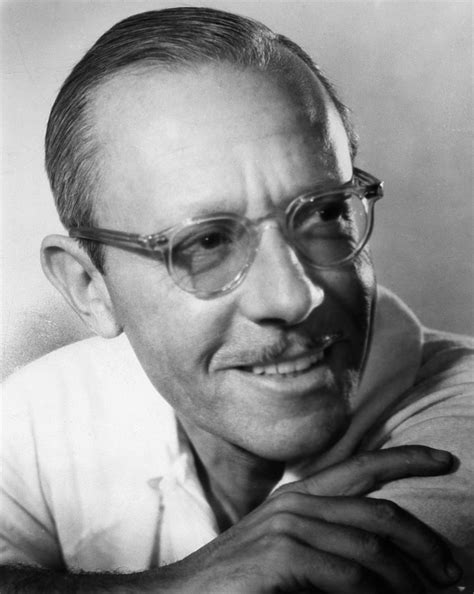A Quote by Nhat Hanh
Related Quotes
In a general sense, I think it's bad to bring too much money into climbing, since it takes away a little from the beauty of the mountains. But at the same time, I can't blame the Nepali government - or the Indian, Pakistani or Chinese, depending on where you're climbing - from wanting to capitalize on foreign climbers.
In a sense everything that is exists to climb. All evolution is a climbing towards a higher form. Climbing for life as it reaches towards the consciousness, towards the spirit. We have always honored the high places because we sense them to be the homes of gods. In the mountains there is the promise of... something unexplainable. A higher place of awareness, a spirit that soars. So we climb... and in climbing there is more than a metaphor; there is a means of discovery.
The climbing of earths heights, in itself, means little. That men and women want and try to climb them means everything. For it is the ultimate wisdom of the mountains that we are never so much human as when we are striving for what is beyond our grasp, and that there is no battle worth the winning save that against our own ignorance and fear.
Before practicing meditation, we see that mountains are mountains. When we start to practice, we see that mountains are no longer mountains. After practicing a while, we see that mountains are again mountains. Now the mountains are very free. Our mind is still with the mountains, but it is no longer bound to anything.
Dreams, in their essence, include risk. This risk could be physical danger (often true in climbing big mountains like Everest), or it could be financial (leaving a comfortable job and pouring your life savings into a business venture), or it could be emotional (like the feelings of loss and questioning that comes with losing friends and coworkers to climbing accidents).




























